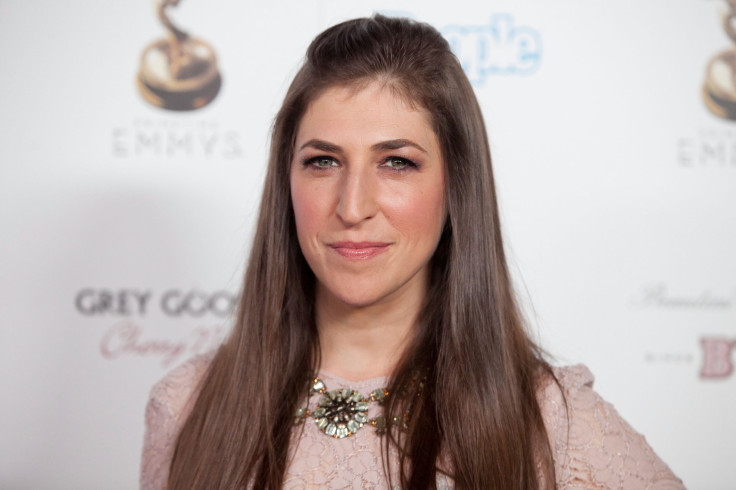#MeToo Campaign Challenges Mayim Bialik's Sexual Harassment Op-Ed

Social media users have something to say about Mayim Bialik's controversial sexual harassment op-ed.
The "Big Bang Theory" star recently sparked social media outrage after she shared her thoughts on sexual harassment amid Harvey Weinstein's scandal. In her article, some felt that the actress wrongfully blamed the victims of sexual assault and harassment for their choice of clothing and physical appearance.
On Sunday night, Alyssa Milano encouraged everyone who has experienced sexual harassment or assault to speak out and post "Me too" on their social media account. Within a few hours, the hashtag #metoo started trending worldwide. By Monday morning, hundreds of thousands of users have posted, "me too," CNN reported.
"I was going to write a dispute of Mayim Bialik's problematic sexual harassment op-ed, but tens of thousands of women and men beat me to it with two simple, terrible words: Me too," Heidi Stevens wrote on Chicago Tribune.
According to Stevens, there are already close to 40,000 users who have replied to Milano's tweet. The words now dominate social media platforms like Instagram, Twitter and Facebook.
"#MeToo is just tip of the iceberg. There are millions without any computer, internet access who have worse experiences of daily abuse," one user wrote on Twitter.
Kate Maltby of CNN also revealed that she disagrees with Bialik's words. In her article, the "Blossom" star wrote that she dresses modestly and is not flirtatious, implying that women who wear revealing clothing and are more outgoing invite sexual harassment and assault. Maltby pointed out that she should have placed the blame on the attackers instead of the victims.
"Women should never respond to culture's sexualization of the female body by further fetishizing it, but nor should we shift the burden of responsibility from male predators to women's clothing choices," Maltby wrote. "It will require empathy. It will require men and women to listen, not shout, to the Mayim Bialiks of the world whose analyses do not match our own. A hashtag will not solve any of this. But it may give us courage to take the next steps."
Meanwhile, Bialik defended her op-ed article and stressed that she's not putting the blame on the victims. During her Facebook Live session over the weekend, the actress stated that she did not mean to imply that clothing is a major factor in sexual harassment and rape cases.
"There are people who think that I either implied or overtly stated that you can be protected from assault because of the clothing you wear or the behavior you exhibit. That is absolutely not what my intention was. I think it is safe for me to start this conversation by saying there is no way to avoid being a victim of assault by what you wear or the way you behave," Bialik said.
Bialik also responded to the backlash on Twitter. However, critics continue to slam the star because some believe her words were clear and nobody took it out of context.
had to be making it up bc no one would touch an unattractive girl, no one took your bs out of context. We saw EXACTLY what you said.
— claire (@sagiclaireius) October 15, 2017
© Copyright IBTimes 2024. All rights reserved.












